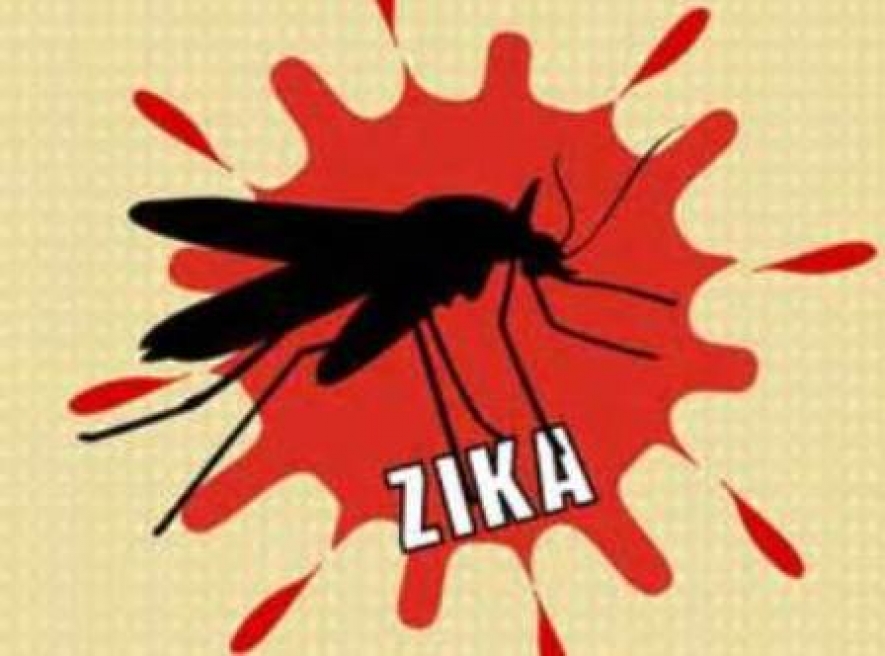They told the BBC that Zika could be behind more damaging neurological conditions, affecting the babies of up to a fifth of infected pregnant women.
Rates of increase in Zika infection in some parts of Brazil have slowed, thanks to better information about preventing the disease.
But the search for a vaccine is still in the early stages.
And Zika continues to spread across the region.
Most doctors and medical researchers now agree that there is a link between the Zika virus and microcephaly, where babies are born with abnormally small heads because of restricted brain development.
While it is estimated that 1% of women who have had Zika during pregnancy will have a child with microcephaly, leading doctors in Brazil have told the BBC that as many as 20% of Zika-affected pregnancies will result in a range of other forms of brain damage to the baby in the womb.
A separate study, reported in the New England Journal of Medicine, said that "29% of scans showed abnormalities in babies in the womb, including growth restrictions, in women infected with Zika".(BBC)



















